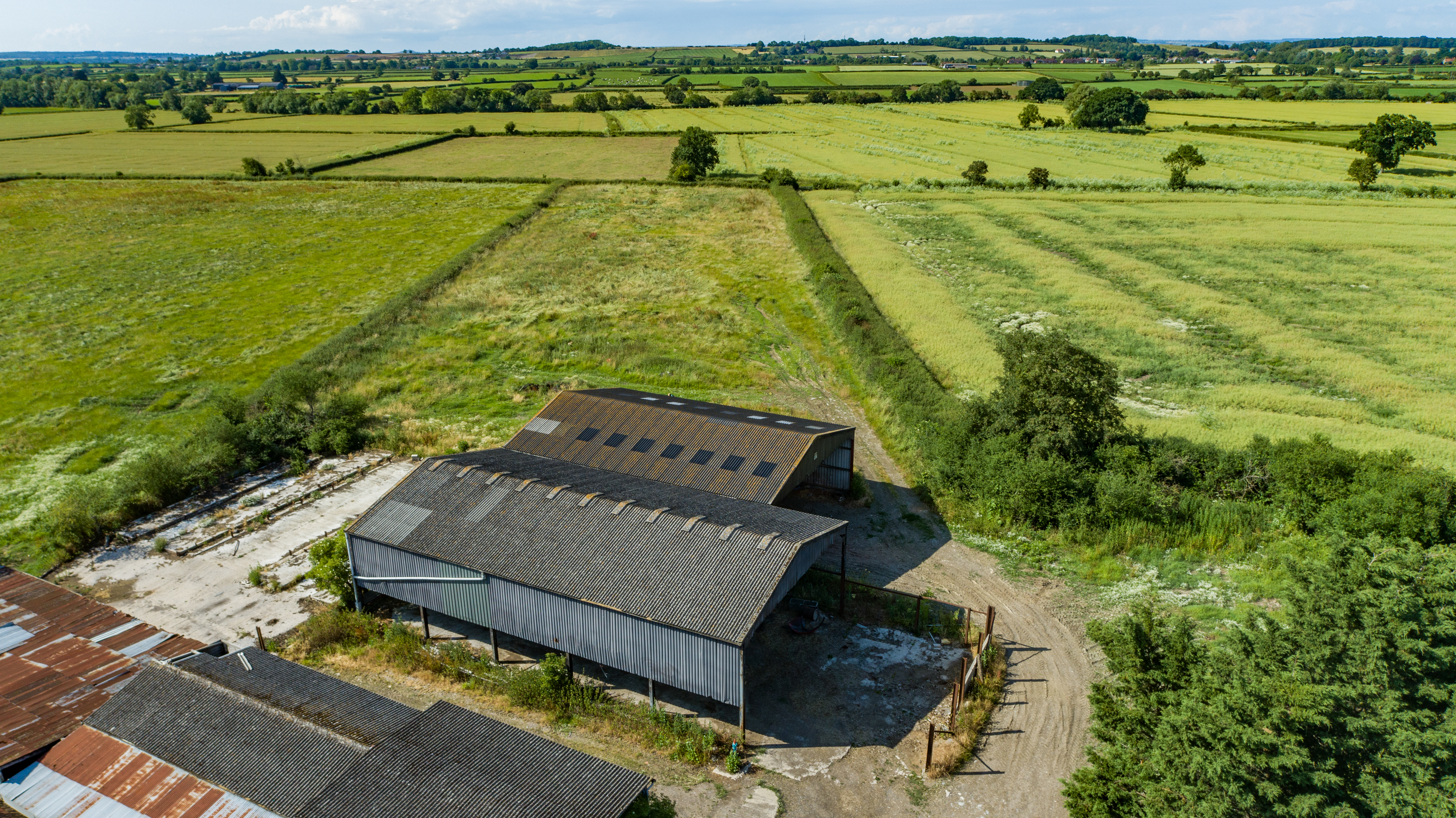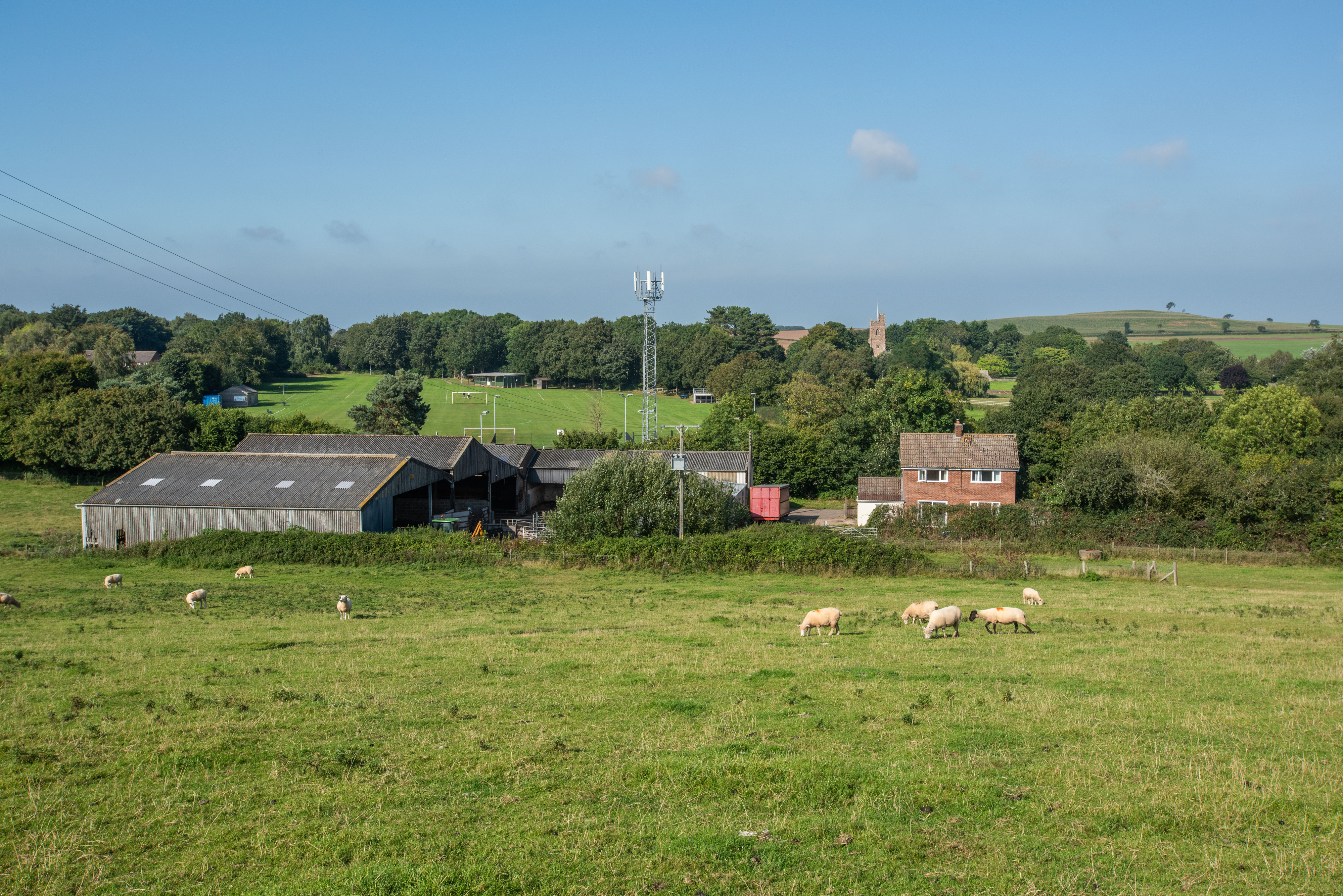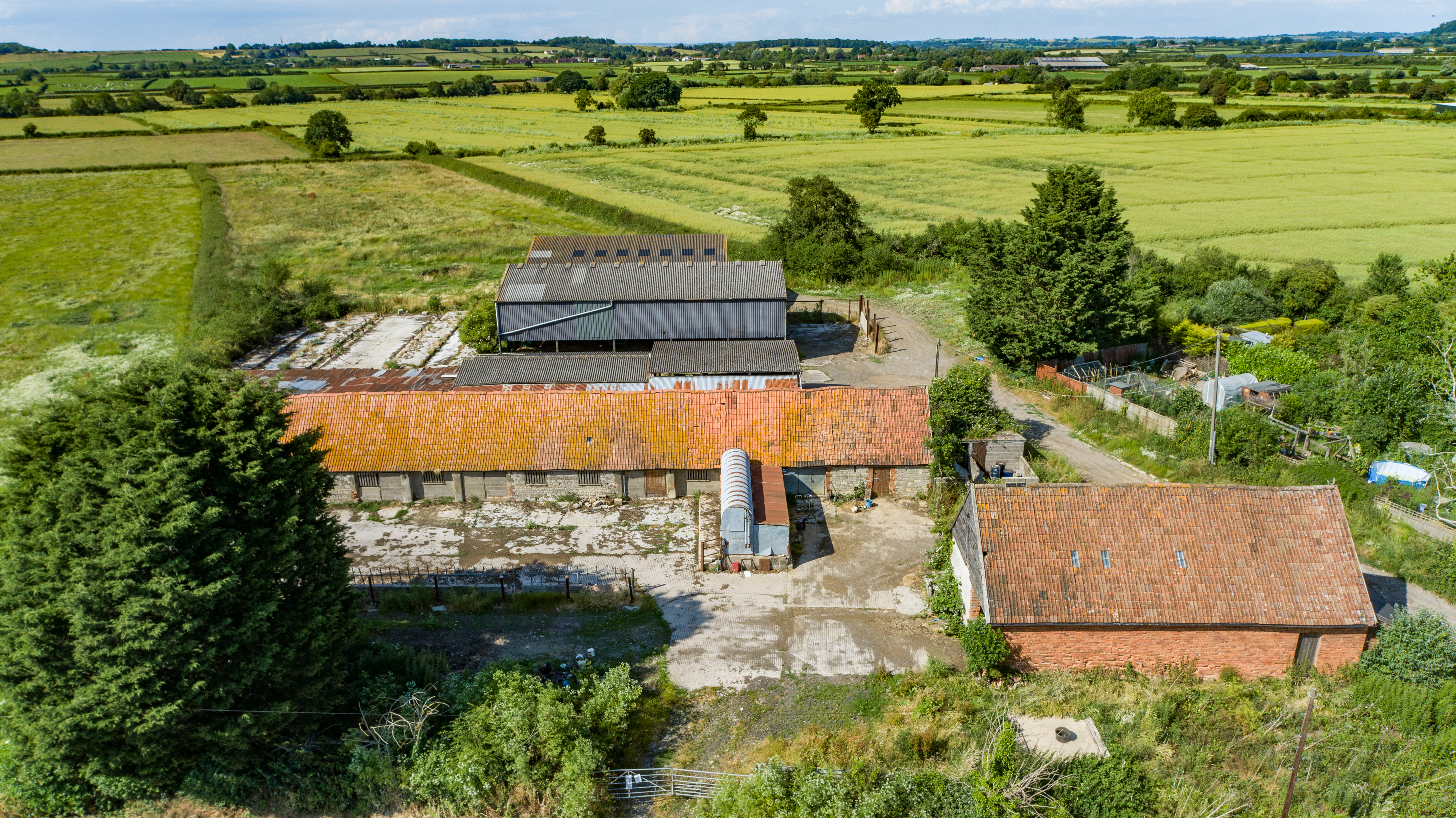
A sale by auction doesn’t suit everyone, but it has
the potential to reap rewards
The sale of farms and land by auction is an approach sometimes overlooked by vendors.
A sale by private treaty is a more well-trodden path, and one which carries with it a great deal more familiarity and flexibility for the majority of families and individuals looking to dispose of an asset.
Horses for courses
Sale of farms and land by auction
Yet for certain types of land and property, an auction sale is exactly what’s needed to achieve the best possible price.
Following several recent successful online auction sales, Carter Jonas is advising vendors not to discount this long-established method of sale – providing it is suitable for their asset.

Sign up to receive content like this directly to your inbox
Jack Mitchell, a Partner with Carter Jonas in the firm’s Taunton office, says the online auction process doesn’t necessarily serve the best interests of every type of property or vendor, but it can provide a certainty often lacking from sales by private treaty or tender.
“Many residential properties aren’t necessarily right for auction because a high percentage of the potential purchasers require a mortgage, so they would need to pay for a mortgage valuation prior to the auction at their cost,” Jack says.
“That outlay without the certainty of being the successful bidder is a massive deterrent. Many potential residential purchasers also
often need to sell their own properties to purchase.”
However, the auction process provides key advantages that are difficult to overlook for appropriate properties.
“The key advantage of an auction is the certainty it offers,” Jack says. “You exchange contracts on the fall of the hammer that same day, and normally completion takes place four to six weeks after that.
“It provides the certainty of a legally binding transaction between purchaser and vendor on the day of the auction with a set date for completion.
For example, Jack recently sold at online auction some farm buildings for redevelopment in Marston Magna in Somerset which had a guide price of £225,000. The 2.8-acre site, which had a modern farm building with permission to conversion to a residential property, ended up selling for £305,000 in September 2023.
Similarly, a 2.27-acre plot of amenity land at Buckland St Mary in Somerset exceeded its guide price of £25,000 significantly, selling at auction in July 2023 for £35,000.
Guide prices are also often exceeded at auction, where bidding can become competitive.
“The buyer benefits from the transparency of the auction, with the opportunity to view the information pack and know what they're getting right from the outset.
“You’re bidding with your eyes wide open, unlike a private treaty where you often have to hope everything will be ok. But you may find in a month’s time, by which point you’re emotionally invested, that there’s a title issue or a covenant to consider.
“Auctions completely avoid that scenario.”
Lots of land or sites for development typically suit the auction process best, as those buyers are usually purchasing with cash or commercial finance which is more flexible.
“Buying at auction suits developers because it gives them the certainty of knowing their completion timing,” Jack explains. “These types of buyers typically have multiple assets and potentially development finance, which they may have spread across several sites at varying stages of completion.”
Auctions also suit run-down properties that would struggle to secure a mortgage.
“Residential properties in need of renovation or significant improvement are sometimes well suited to sale by auction – you’ve already taken your mortgage buyer out of the market by virtue of the fact that they probably wouldn’t be able to secure lending on it,” Jack adds.
Although it can prove profitable for vendors, the high-adrenaline nature of an auction sale isn’t for everyone. “Many farmers prefer auction as they’re comfortable with that method, having used it frequently for other purchases such as livestock and machinery,” Jack explains.
“However, those hoping to buy a residential property are often buying as much with their hearts as their heads because it’s more of an emotional transaction.
“It’s not a business transaction and therefore an auction isn’t necessarily the most comfortable environment for them.”
Making sure the right method of sale is selected for a property is essential, especially at a time when interest rates are high.
“When borrowing is more expensive it focuses peoples’ minds on how hard their capital is working for them,” Jack says.
“They could buy land or a property, but they also have the option to keep their money in the bank and earn interest on it. That will be in the back of their minds.
“Seeking expert guidance is essential for anyone considering auctioning their property – at Carter Jonas we work with clients to sell their assets through online auctions and we’re always happy to advise.”
If you’re considering putting land with agricultural buildings up for auction, seeking Class Q approval prior to listing could prove advantageous.
These permitted development rights allow certain works and changes of use to be carried out without full planning permission.
Capitalising on Class Q
If you seek and secure prior approval from your local planning authority before listing your property, this would realise the value for buyers hoping to create a residence.
Class Q allows for the change of use and conversion of agricultural buildings into up to five homes, which are subject to size limits.
The regulations set out several conditions which must be followed in order to secure approval. For instance, the external dimensions of the new properties cannot extend beyond the footprint of the existing agricultural building. The existing building should also have four walls and a roof and be structurally sound so that it can withstand the works carried out during conversion.
Nicola Quick, Associate Partner at Carter Jonas, carries out a huge amount of Class Q work from the firm’s Taunton office.
She said: “There is a general election within the next 12 months and there are no guarantees that Class Q will continue to be available in its current form. A lot will depend on the priorities of whichever party is in power after we have been through that process.
“These rules have created a huge opportunity for modern agricultural buildings which wouldn’t normally achieve consent for conversion under full planning policy. I would recommend those with opportunities do not delay in making an application.”
“You’re bidding with your eyes wide open, unlike a private treaty where you often have to hope everything will be ok. But you may find in a month’s time, by which point you’re emotionally invested, that there’s a title issue or a covenant to consider. Auctions completely avoid that scenario.”
“Seeking expert guidance is essential for anyone considering auctioning their property – at Carter Jonas we work with clients to sell their assets through online auctions and we’re always happy to advise.”
“There is a general election within the next 12 months and there are no guarantees that
Class Q will continue to be available in its current form. A lot will depend on the
priorities of whichever party is in power
after we have been through that process."




Seeking prior approval is essential and ensuring a proposed development is compliant with all Class Q criteria can be tricky. Seeking professional advice from experts familiar with the regulations and how they are approached by individual local authorities is advisable.
Jack Mitchell
Nicola Quick




Sign up to receive content like this directly to your inbox